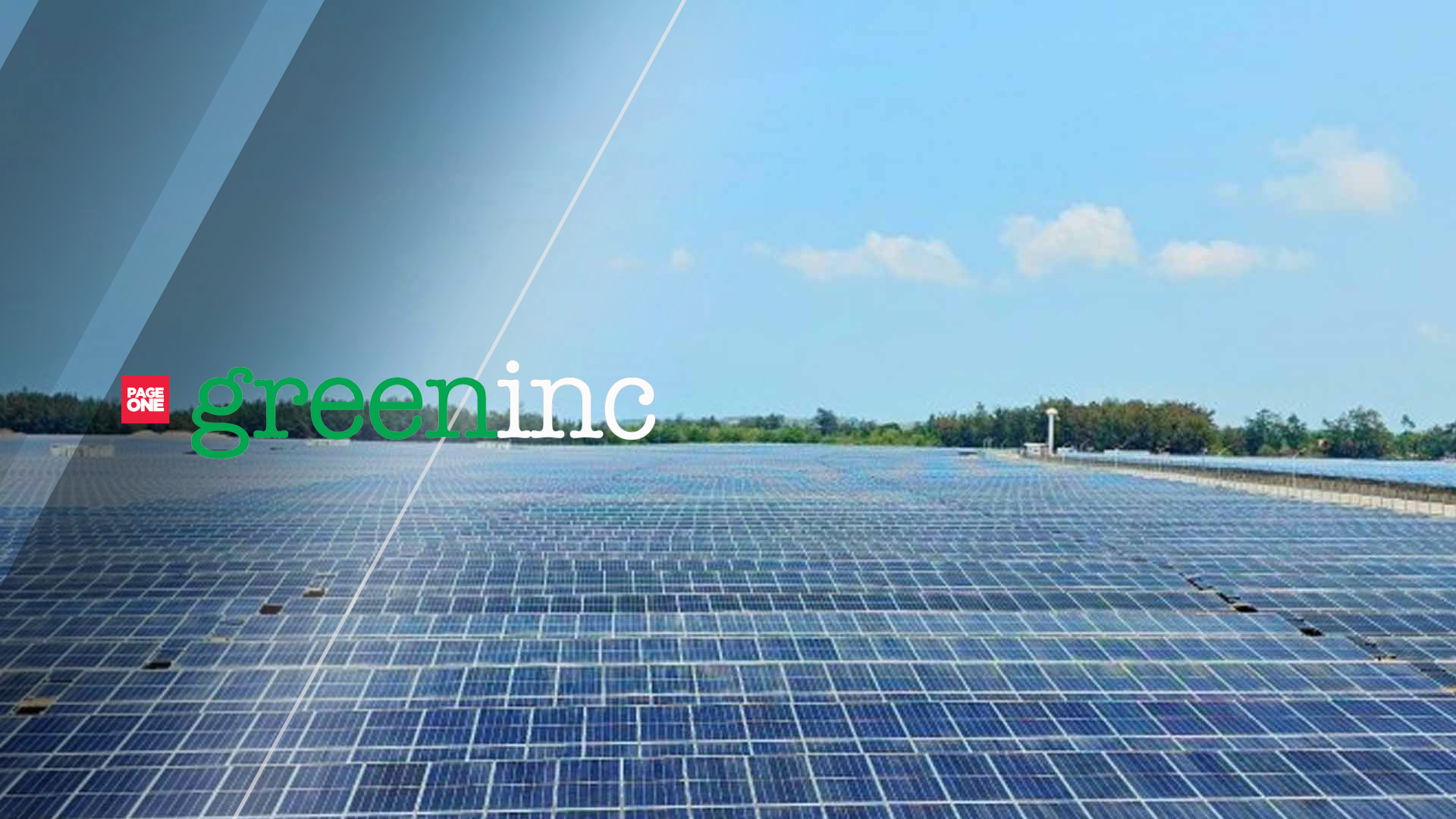At least six government buildings in the province of Ilocos Norte are being considered to be retrofitted with solar panels to save on electricity and support the environment.
With the help of the Philippine National Oil Company Renewable Corporation (PNOCRC), the provincial government plans to start with the roofing of the Capitol building, the Dap-ayan Commercial Building, the Governor Roque B. Ablan Sr. provincial hospital, and the district hospitals in the towns of Bangui, Dingras and Marcos.
Following an energy audit conducted in various local government units here, Pedro Lite Jr., executive vice president and chief operating officer of the PNOCRC, said, “the Ilocos Norte government will be needing around PHP45 million to implement the solar project with a capacity of 470 kilowatts at its peak of operation.”
The solar power project is expected to reduce the cost of electricity in the province by 40 percent as the power generated will be coursed through to the Ilocos Norte Electric Cooperative.
On March 15, Ilocos Norte 1st district Representative Ferdinand Alexander “Sandro” Marcos filed House Bill 7625 or the proposed “Solar Energy in National Government Offices Act.”
The measure mandates that solar energy systems be established to initially supply at least 10 percent of the electric power requirements of the government agencies in their respective buildings or offices for the first year after the effectivity of the law.
“Provided, that solar energy utilization shall be increased annually for five years, at which time the established solar systems are expected to have the capacity to supply 50 percent of the power requirements of government agencies,” the bill read.
Even with the presence of solar and wind energy farms in the province, the Ilocos Norte Electric Cooperative reported that the power requirements of local households are still heavily dependent on coal-fired power plants as renewable energy sources which include solar, hydro, wind, and geothermal generate only around 20 percent of the country’s power supply.
Last month, the Nuevo Solar Energy Corp. inaugurated an 83.3-megawatt solar farm in Barangay Paguludan-Salindeg in Currimao town to boost the country’s renewable energy share.
More solar energy projects are also in the pipeline as other independent power producers are considering expanding in this province. (PNA)







